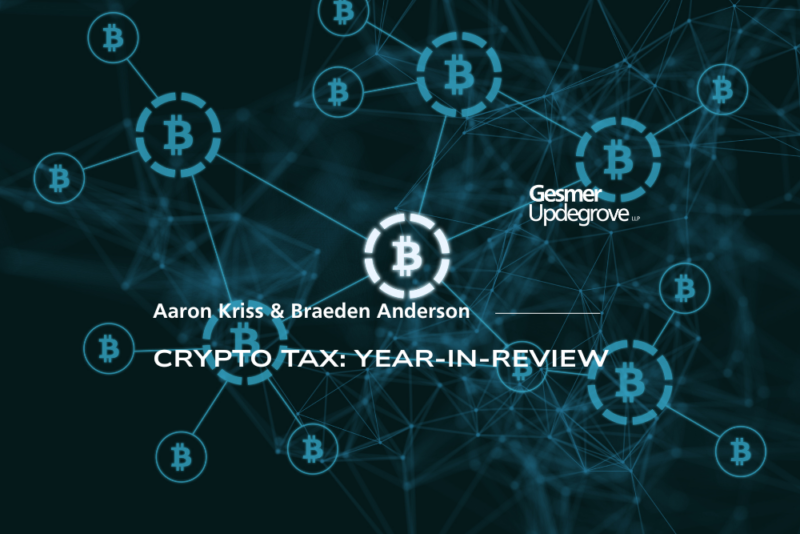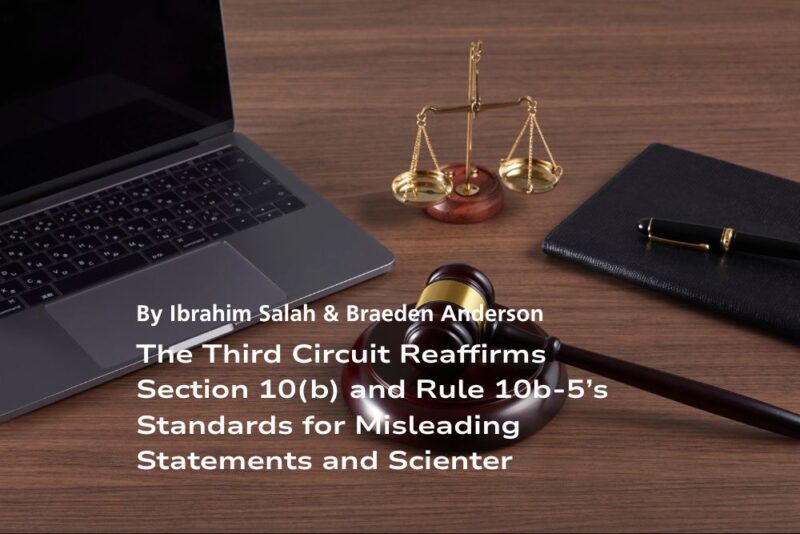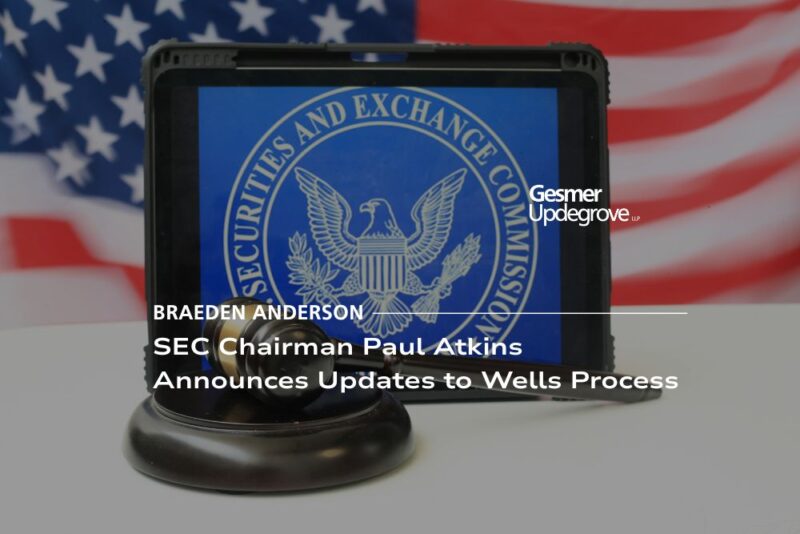We are living through another technological revolution with generative artificial intelligence (GAI) programs like OpenAI’s ChatGPT, Google’s Bard, and Microsoft’s Bing Chat (powered by GPT-4) at the center. In moments like these, early-stage entrepreneurs should be extremely cognizant of the value and pitfalls of these kinds of technologies. While there are GAI related products and services launching daily, this article focuses on the product that started the current boom, ChatGPT.
Benefits of ChatGPT for Entrepreneurs
Despite some negative press, ChatGPT can provide a vast range of beneficial information, content, and insights to startup founders. To name a few, ChatGPT can provide market trend research (when connected to the internet through the API or plugins), brainstorm ideas with founders, provide feedback, create effective pitch decks, and generate content such as blog posts, social media captions, website copy, etc. These activities normally consume an enormous amount of time. But if ChatGPT and similar programs can streamline such processes, entrepreneurs can dedicate more time and in-depth attention to other areas that will further business growth and success.
But how does an entrepreneur use ChatGPT wisely? I sat down with Jonathan Boyarsky, Managing Director of Literally Helping Startups (an agency that helps startups for free), and he urges founders to treat ChatGPT like a new college grad that is eager to accomplish its assigned task. It can be helpful with taking a first pass at content and research; however, be thoughtful and critical of ChatGPT’s answers. If you are not satisfied or are uncertain about ChatGPT’s initial responses, continue to ask it to frame things differently until you are confident with the result.
As Boyarsky notes, now more than ever, people are skeptical of ads and sales pitches across all platforms, especially via LinkedIn and cold email. Boyarsky further explains that, as a savvy founder, ChatGPT can potentially replace the persuasion component of your role. But you must remember that selling your startup vision to customers, investors, potential employees, and others is a crucial part of early-stage success. “Being persistent and socially adept is key, and it will be a long time before ChatGPT or any GAI can replace that part of the process.” He concludes that ChatGPT may be helpful with market research or drafting a persuasive email or pitch deck, but if you neglect the people-centered nature of business, your sales attempts and pitches will fall short.
Drawbacks of ChatGPT and Legal Risks
As with every technological advancement, drawbacks always accompany the benefits. When it comes to ChatGPT’s drawbacks, it is important to distinguish the free version of ChatGPT (“Free ChatGPT”) from its subscription version (“ChatGPT Plus”, which also includes API versions for the purposes of this article).
Privacy and Confidentiality Issues
Like many unpaid products, the terms and conditions of Free ChatGPT do not include an obligation to protect your confidential information or any data that you input into the program. With Free ChatGPT, the user is the product, and ChatGPT can freely use any information that the user submits, and in fact specifies that a user’s inputs are used to train and improve the product, presumably meaning that your inputs could later be used to facilitate some other party’s results from ChatGPT. This differs from ChatGPT Plus where the terms expressly provide that OpenAI will only use your data in connection with the services (this is like paid versions of Google for Business vs. free Gmail).
A clear example of the risk becomes apparent with trade secrets. For something to qualify as a trade secret, the information must, among other things, be kept secret. If the owner of a trade secret inputs that information into the platform, such information is no longer secret (and particularly so if it shows up as a response to another user’s prompt), and the trade secret protection would cease to exist. Therefore, it is imperative that entrepreneurs think critically about the information they disclose to Free ChatGPT or opt into ChatGPT Plus. This could help avoid potential confidentiality and data privacy issues.
Fill out the form below to reach out to John Cohan.
Intellectual Property (IP) Issues
In addition to trade secret concerns, several additional IP concerns are implicated when using ChatGPT. On March 16, 2023, the United States Copyright Office (the “Office”) launched a new initiative to assess the copyright issues raised by GAI. For now, the Office has issued guidance requiring copyright applicants to disclose the inclusion of GAI content in works submitted for registration.
While the Office continues to assess these issues, the U.S. Copyright Act (the “Copyright Act”) remains ambiguous as to who constitutes an “author” of copyrightable work. The Office and most courts have decided that authors must be human. However, it is still unclear whether GAI work is owned by the applicable software programmer or another party, such as the person who inputted data into the GAI system to generate the work.
Additionally, entrepreneurs often use ChatGPT to create data sets, computer codes, and improved apparatuses. Such creations could potentially be patentable inventions. However, the U.S. Patent Act requires all inventors to be human beings. This creates ambiguity as to whether an entrepreneur can patent an invention that contains some GAI-generated code or characteristics.
Moreover, another issue may arise when AI infringes a third-party IP right. Courts are divided on whether the GAI’s owner or the GAI’s program developer has engaged in IP infringement as a result of training the GAI on the protected intellectual property of others. A number of lawsuits have been filed against some of the early GAI companies, and so it is likely to take some time until there is clear guidance on IP related issues.
This further highlights the importance of being cautious about ChatGPT’s answers and content to avoid exposing yourself to potential liability, and until there is more clarity around ownership or protectability, we do not recommend that GAI’s be used to create content that you need to own and protect.
Data Limitations and Inaccurate Responses
Lastly, Free ChatGPT is limited in the data it uses to generate responses, having been trained on data up until September 2021.
Whether with internet access, or training on custom data sets, ChatGPT can provide incorrect responses to prompts. Many people are aware of the headlines regarding Free ChatGPT’s inaccuracies and made-up facts, otherwise known as “hallucinations.” This occurs because ChatGPT works by predicting, using complex algorithms, strings of words that it thinks best match the expected response your question or request. Sometimes those predicted strings of words are not based in fact.
However, OpenAI, the company behind ChatGPT, has developed GPT-4 to correct some of these inaccuracies. OpenAI notes that “GPT-4 is 82% less likely to respond to requests for disallowed content and 40% more likely to produce factual responses.” Most of GPT-4 is now available through ChatGPT Plus and Bing.
Thus, whether using Free ChatGPT or ChatGPT Plus, it is best to understand its respective data and response limitations and to not blindly accept its answers.
Key Takeaways
- Entrepreneurs should embrace and learn how to responsibly use GAI programs such as ChatGPT because it can provide numerous benefits.
- The risks associated with ChatGPT can vary depending on whether you use Free ChatGPT or ChatGPT Plus.
- IP issues regarding ChatGPT currently exist, and more risks could develop over time as the courts issue precedential decisions and as government regulations evolve.
If you have questions or concerns about ChatGPT or other GAI programs and how to use them responsibly to achieve your startup goals, Gesmer is happy to guide you through the various considerations and strategies.
Contact Gesmer Today
Check out some of our latest publications:
- AI and MNPI: A New Frontier for Insider Trading Regulation

- PREDICTION MARKETS, SPORTSBOOKS, AND SELIG’S CFTC: A JURISDICTIONAL INFLECTION POINT

- SEC CHAIR OUTLINES PLAN TO BRING CLARITY TO DIGITAL ASSET OVERSIGHT

- CRYPTO TAX: YEAR-IN-REVIEW

- The Third Circuit Reaffirms Section 10(b) and Rule 10b-5’s Standards for Misleading Statements and Scienter

- SEC Chairman Paul Atkins Announces Updates to Wells Process

